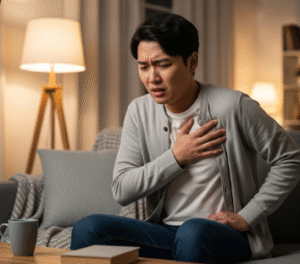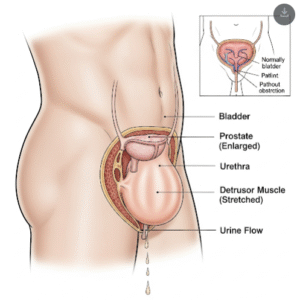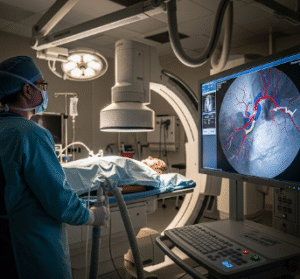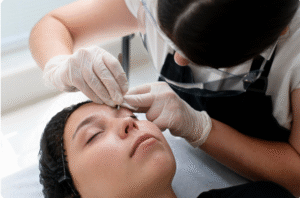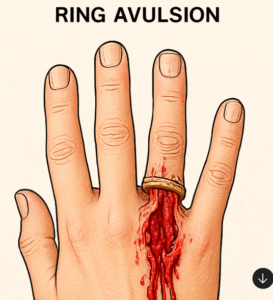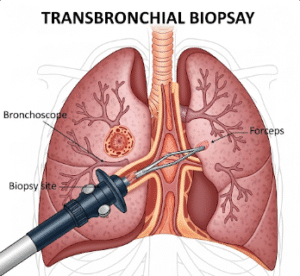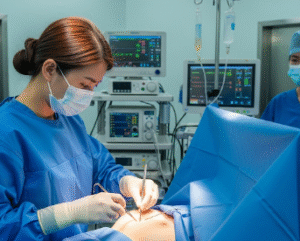Overview
Mumps is a contagious viral infection caused by the mumps virus, primarily affecting the salivary glands, especially the parotid glands near the jaw. In Korea, routine vaccination programs, including the MMR (measles, mumps, rubella) vaccine, have significantly reduced the incidence of mumps, but outbreaks still occur, particularly in schools and crowded settings. Early detection and supportive care are essential to prevent complications.
What is Mumps?
Mumps is an acute viral infection that leads to swelling of the salivary glands, fever, and malaise. While it is most common in children and teenagers, adults can also be affected. The infection spreads through respiratory droplets, saliva, or close contact with infected individuals.
Symptoms
- Swelling and pain in one or both parotid glands (cheeks/jaw area)
- Fever
- Headache
- Muscle aches
- Fatigue and malaise
- Loss of appetite
- Pain while chewing or swallowing
Causes
- Infection with the mumps virus, a paramyxovirus
- Transmission via respiratory droplets, coughing, sneezing, or sharing utensils
- Close contact in schools, daycare centers, or crowded environments
Risk Factors
- Children and adolescents who are unvaccinated or incompletely vaccinated
- Adults who missed childhood vaccination
- Close living conditions such as dormitories or military facilities
- Immunocompromised individuals
Complications
Though often mild, mumps can lead to complications in some cases:
- Orchitis (inflammation of the testicles) in post-pubertal males
- Oophoritis (inflammation of ovaries) in females
- Meningitis or encephalitis (rare)
- Hearing loss (rare)
- Pancreatitis or joint inflammation
Prevention
- MMR vaccination according to the Korean national immunization schedule
- Avoiding close contact with infected individuals
- Good hygiene practices, including frequent handwashing and covering mouth/nose when sneezing
- Isolating infected individuals during the contagious period (usually 5 days after onset of swelling)
Treatment Options in Korea
There is no specific antiviral treatment for mumps. In Korea, care focuses on symptom relief and prevention of complications.
- Diagnosis
- Clinical examination based on characteristic swelling of parotid glands
- Blood tests to detect mumps-specific IgM antibodies
- PCR testing for the virus in saliva or urine (in complicated cases)
- Medical Management
- Pain relievers and fever reducers (acetaminophen, ibuprofen)
- Cold or warm compresses to reduce swelling
- Adequate hydration and soft diet to ease chewing
- Bed rest and supportive care
- Specialized Care in Korea
- Seoul National University Hospital – Infectious disease and pediatric care
- Asan Medical Center – Management of mumps-related complications, including orchitis or meningitis
- Samsung Medical Center – Multidisciplinary care for severe or atypical cases
- Yonsei Severance Hospital – Follow-up care and monitoring for potential complications
- Long-Term Care
- Monitoring for post-infection complications
- Counseling for parents and caregivers
- Emphasis on completing vaccination schedules to prevent future outbreaks



